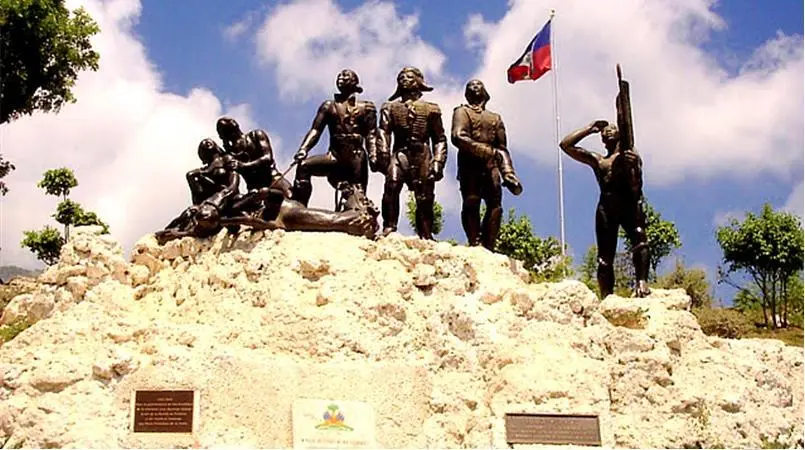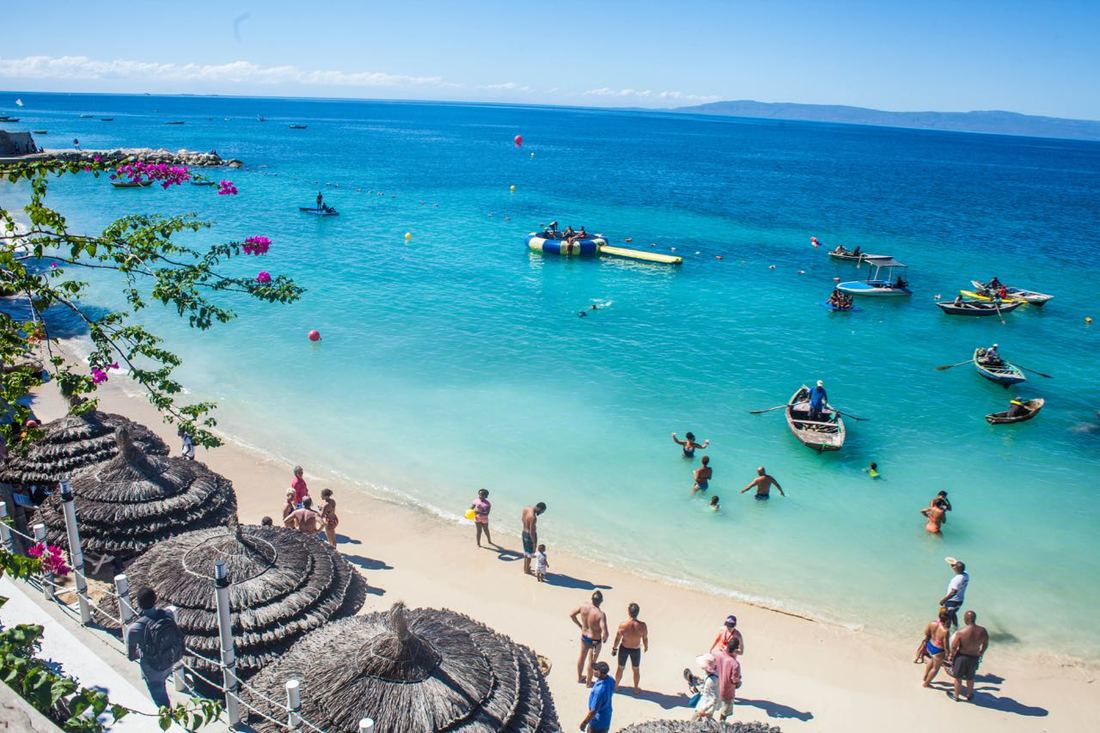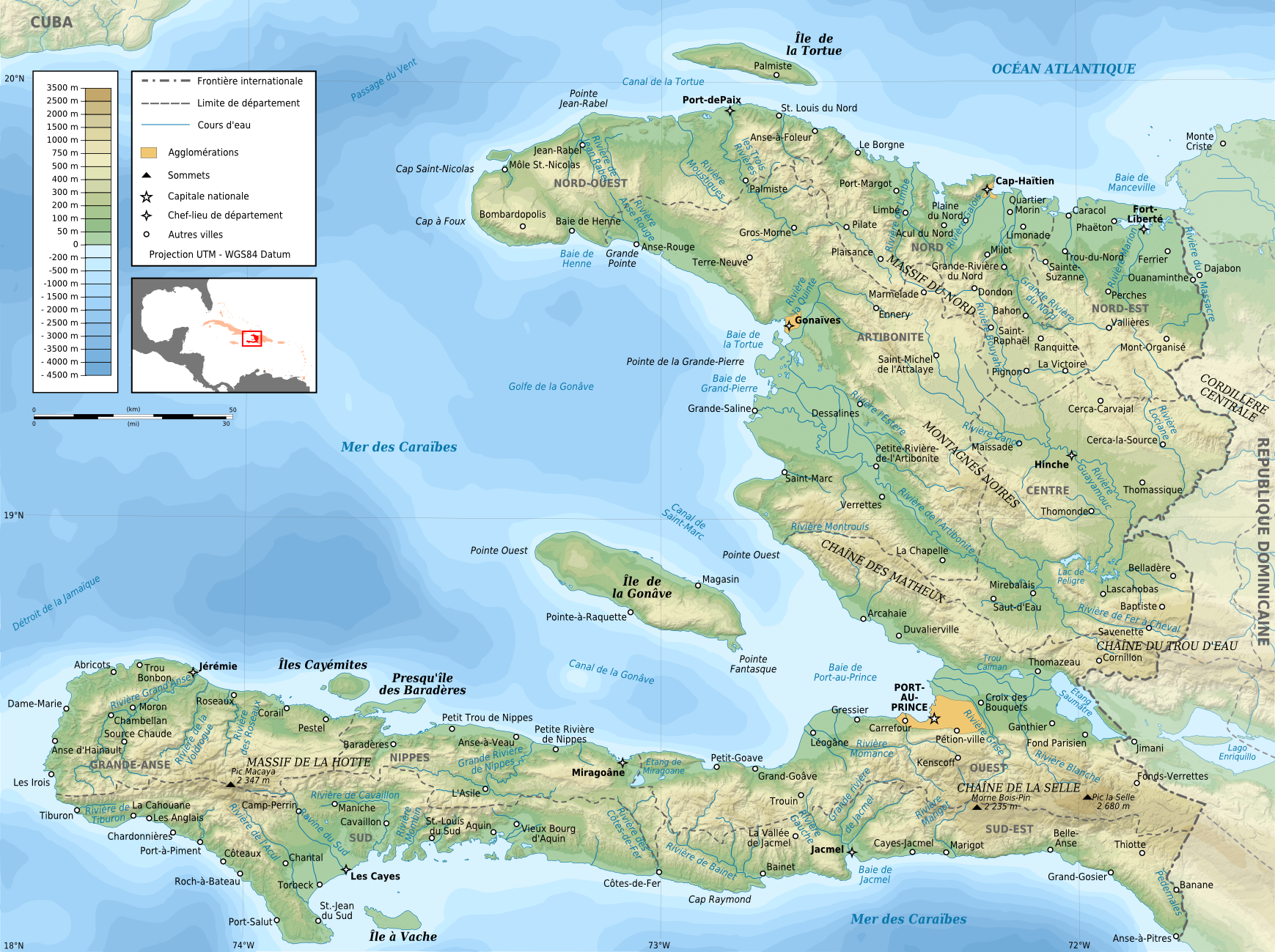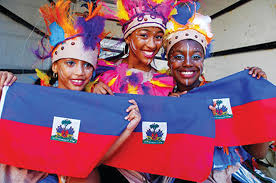Full Definition of the Word Haiti: Origin, History and Meaning
The name Haïti embodies a rich history, marked by struggles for freedom, an indigenous heritage and an exceptional destiny. This word, today synonymous with the first independent black Republic, carries within it centuries of transformation and resilience. Discover the origin, history and meaning of this emblematic name.
Origin of the Name Haiti: A Land of Mountains
The word Haïti originates from the Taínos, the first inhabitants of the island. Indeed, Haïti is the French version of the word Ayiti, which in their language means "land of high mountains" or "mountainous country".
- A tribute to geography: This name refers to the geographical characteristics of the island, which is dominated by impressive mountain ranges and a steep relief.
- A symbol of resistance: For the Tainos, this name represented not only their territory, but also their deep connection with nature.
Thus, Ayiti reflected a vision of the land as a space of natural beauty and resource, a theme that remains central to Haitian identity.
The arrival of Europeans and the change of name
When Christopher Columbus landed on the island in 1492, he named it Hispaniola or La Española, in homage to the Spanish crown. This name remained in use for several centuries, at a time when the island became the center of colonial trade.
- A colonization marked by exploitation: Under Spanish and then French domination, the island, especially the western part, was one of the world’s leading producers of sugar, coffee and indigo thanks to the work of African slaves.
- The name Hispaniola therefore represents a period of submission and colonization, when Europeans sought to impose their authority on the island.
During this period, the name Ayiti was lost to Hispaniola and Saint-Domingue (the name of the French colony on the western part of the island).
Saint-Domingue: a colonial era marked by slavery
In the 17th century, France took possession of the western part of the island, which it called Saint-Domingue. This name was closely linked to the prosperity of the colony, which became one of the world’s largest producers of sugar and coffee. However, this economic development was based on the brutal system of slavery.
- A prosperity based on exploitation: Saint-Domingue was a model of colonial prosperity, but this wealth was the fruit of the suffering of hundreds of thousands of African slaves. - A breeding ground for revolution: It was in this context of injustice and suffering that the Haitian revolution was born, a massive uprising against slavery, led by emblematic figures such as Toussaint Louverture and Jean-Jacques Dessalines.
This revolution marked the end of the name Saint-Domingue and a return to the original identity of Ayiti.
Haiti: a name of freedom and independence
On January 1, 1804, after more than a decade of struggle, Haïti proclaimed its independence and chose to reclaim the name Ayiti, Frenchified in Haiti, to symbolize the return to indigenous roots and victory over oppression. This choice marked the end of colonial domination and the establishment of the first independent black Republic in the world.
- A symbol of resistance: The name Haïti represents above all an act of liberation, an affirmation of the right of peoples to self-determination. It embodies the fight against slavery and oppression, and the birth of an autonomous nation, proud of its origins.
- The heritage of a people: The name Haïti is now a symbol of the independence, resilience and freedom of a people who refused to submit to colonial forces.
Thus, Haïti is not simply a geographical name, but a word loaded with deep and universal meanings.
Meaning and impact of the name Haiti
The word Haïti is much more than just a geographical name: it embodies the very essence of the history of this country, marked by the struggle for freedom, resistance to oppression, and the resilience of a people. This name carries within it the echoes of past struggles and the hope for a better future.
- A symbol of freedom: Haïti remains a beacon of independence and dignity for black and colonized peoples throughout the world. - A collective memory: The name Haïti recalls the heroism of the slaves and freedmen who fought for their freedom and that of future generations.
Thus, each time the name Haïti is pronounced, it evokes centuries of history, struggle and national pride.
Haiti: a name that carries pride and hope
The word Haïti continues to be a source of pride for Haitians around the world, a constant reminder of the strength, resilience, and heritage of their country. By honoring its name and history, Haïti remains an example to nations around the world, leading the way toward freedom and human dignity.
And what does Haïti mean to you? Share your thoughts and let’s celebrate the beauty and resilience of this unique country.


































